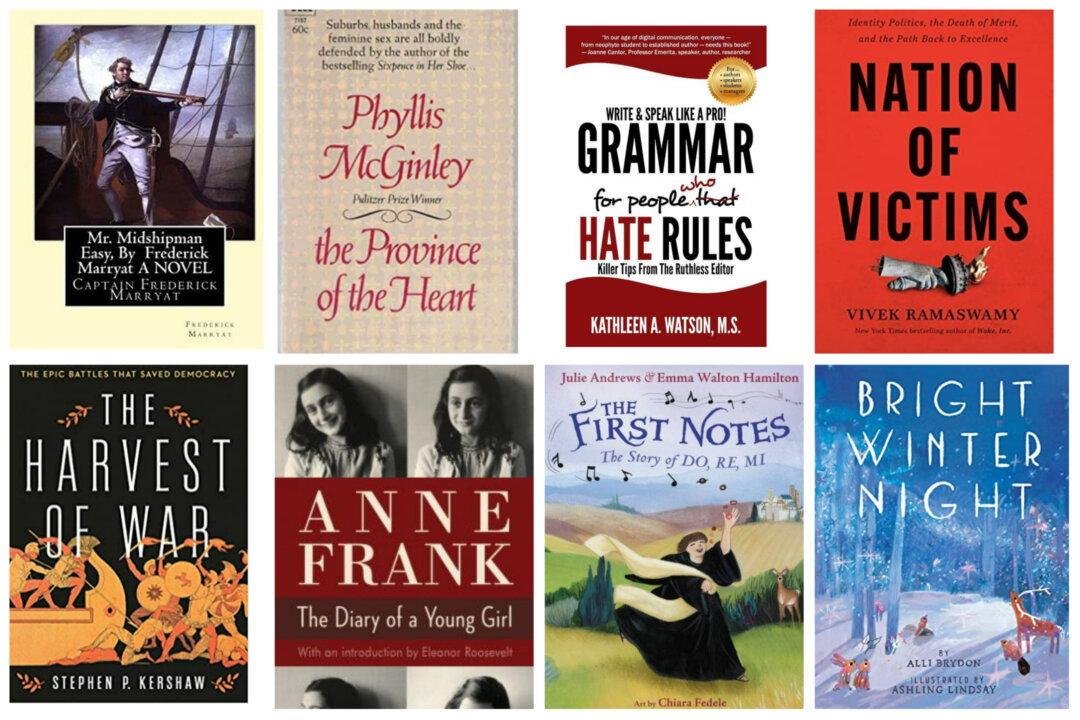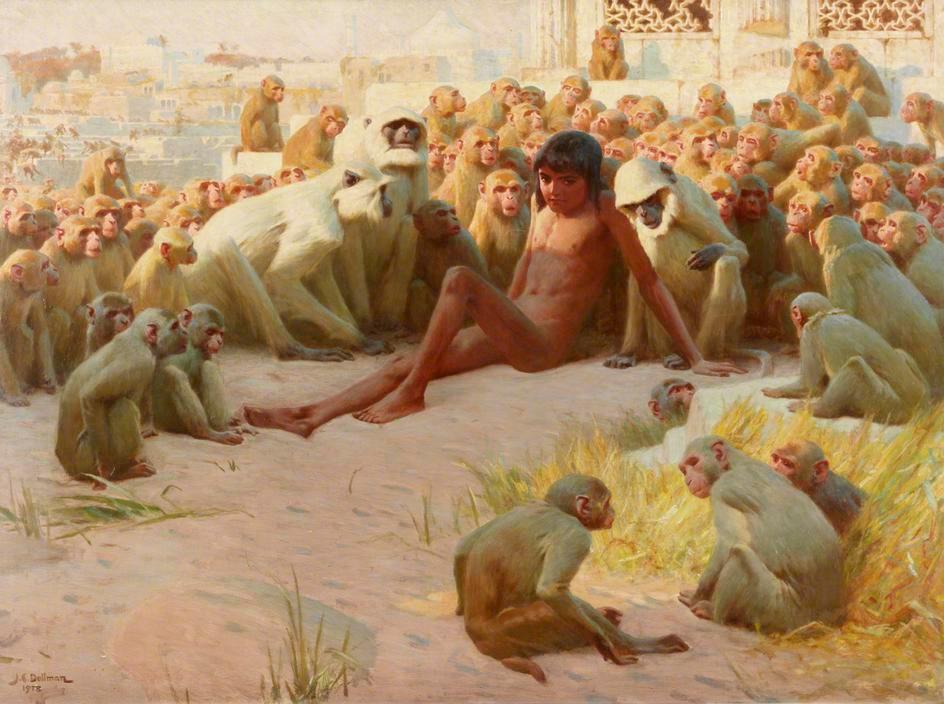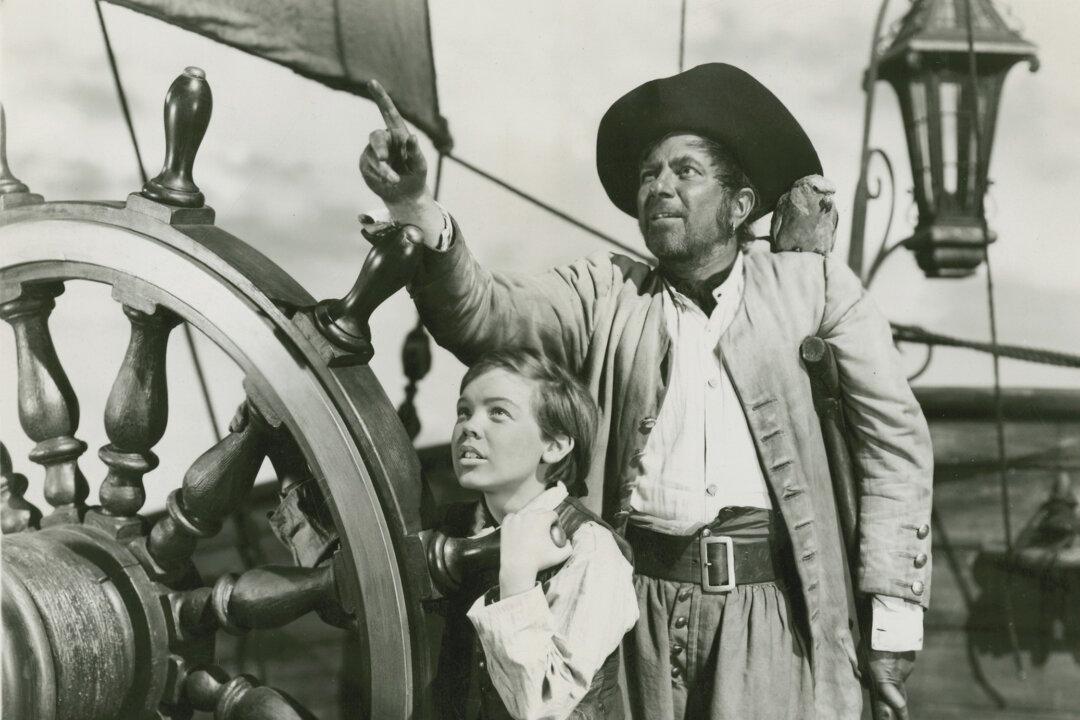The quality of reading is closely connected to the quality of the thing read—both the written material and the object that presents the writing. In other words, there is an element brought to the reading experience as a whole by a good volume, with fair print, crisp pages, and a sturdy cover. But the book, especially in its most traditional forms, is a thing threatened in the age of screens.
The question of book or Nook, of novel or Kindle, of ink or e-ink, is a real question these days. To read, or not to read, is the question, however. The dichotomy is based upon the difference between the physical and digital experience of reading—and it’s a difference that can make all the difference.





